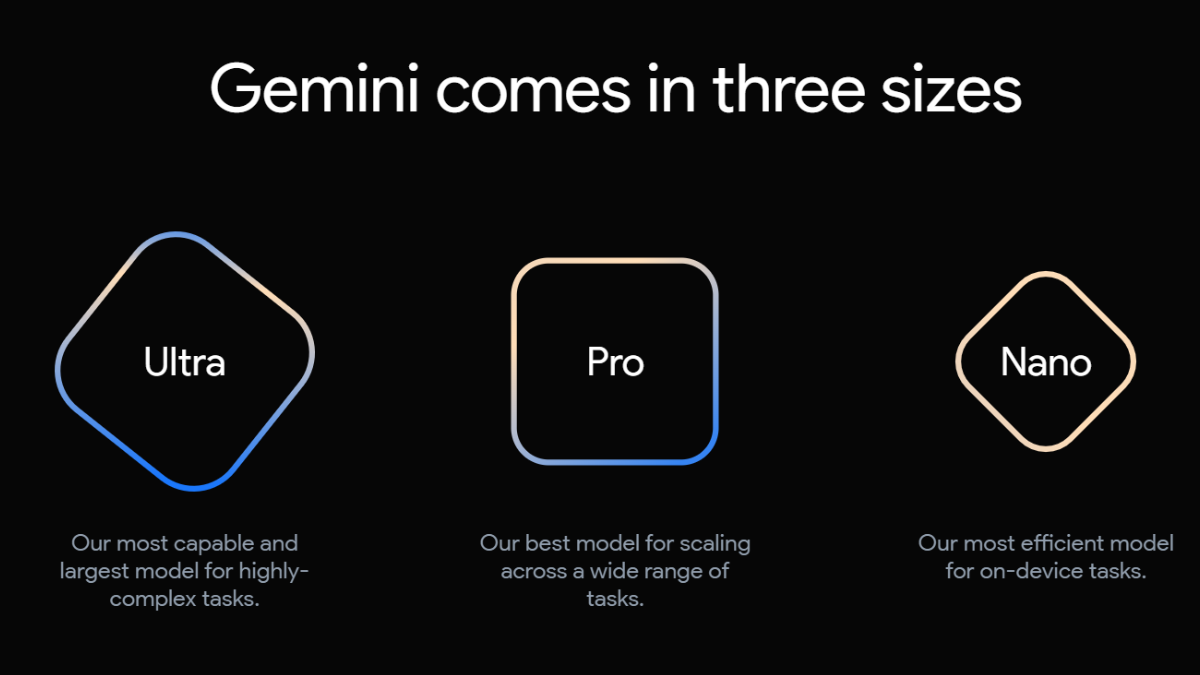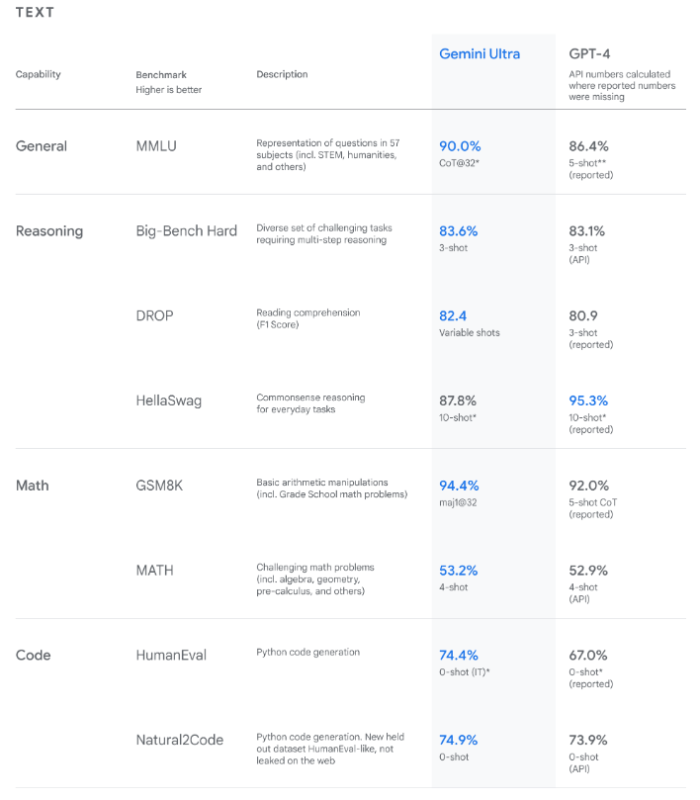Gemini Overview
Gemini, which was launched on December 6, 2023, is Google’s latest and most powerful AI model to date. This language model is capable of performing a wide range of tasks and has generated a lot of excitement in the tech industry. In this, we will take a closer look at everything you need to know about Google Gemini, the newly launched AI marvel that is making waves in the tech world.
What is Gemini?
What makes it special?
What can it do?

ChatGPT and Gemini are both powerful language models that are pushing the boundaries of what AI can achieve. Let’s take a closer look:

The battleground of AI is heating up, and two of the biggest titans in the ring are Google Gemini and OpenAI’s models, particularly ChatGPT. Both boast impressive capabilities, but they cater to different strengths and weaknesses. Here’s a breakdown of their key differences:
Strengths:
Google Gemini:
OpenAI’s models (like ChatGPT):
ChatGPT and Gemini are both powerful language models that are pushing the boundaries of what AI can achieve. Let’s take a closer look:

The best choice depends on one’s requirements and preferences. If you need a model that is highly accurate and flexible for complex tasks, then Gemini might be the better option for you. On the other hand, if you prioritize creative writing and text-based applications, then ChatGPT could be a better fit for your needs. Ultimately, both Gemini and ChatGPT are significant advancements in AI technology. Their continued development promises exciting possibilities for the future.
The battleground of AI is heating up, and two of the biggest titans in the ring are Google Gemini and OpenAI’s models, particularly ChatGPT. Both boast impressive capabilities, but they cater to different strengths and weaknesses. Here’s a breakdown of their key differences:
Strengths:
Google Gemini:
OpenAI’s models (like ChatGPT):
Weaknesses:
Google Gemini:
OpenAI’s models (like ChatGPT):
Future Outlook of Gemini
The future of Google Gemini looks bright, but it’s not without challenges. Here’s a rundown of potential future trends:
Positive Outlook:
Challenges to Overcome:
Here are some additional things to consider:
Ultimately, the future of Google Gemini depends on the choices we make today. By prioritizing ethical development, responsible usage, and a focus on human well-being, we can ensure that Gemini contributes to a brighter future for all.
– Ankit Sanwaria (Equity analyst)
For more information on AI and IT Industry Click here




